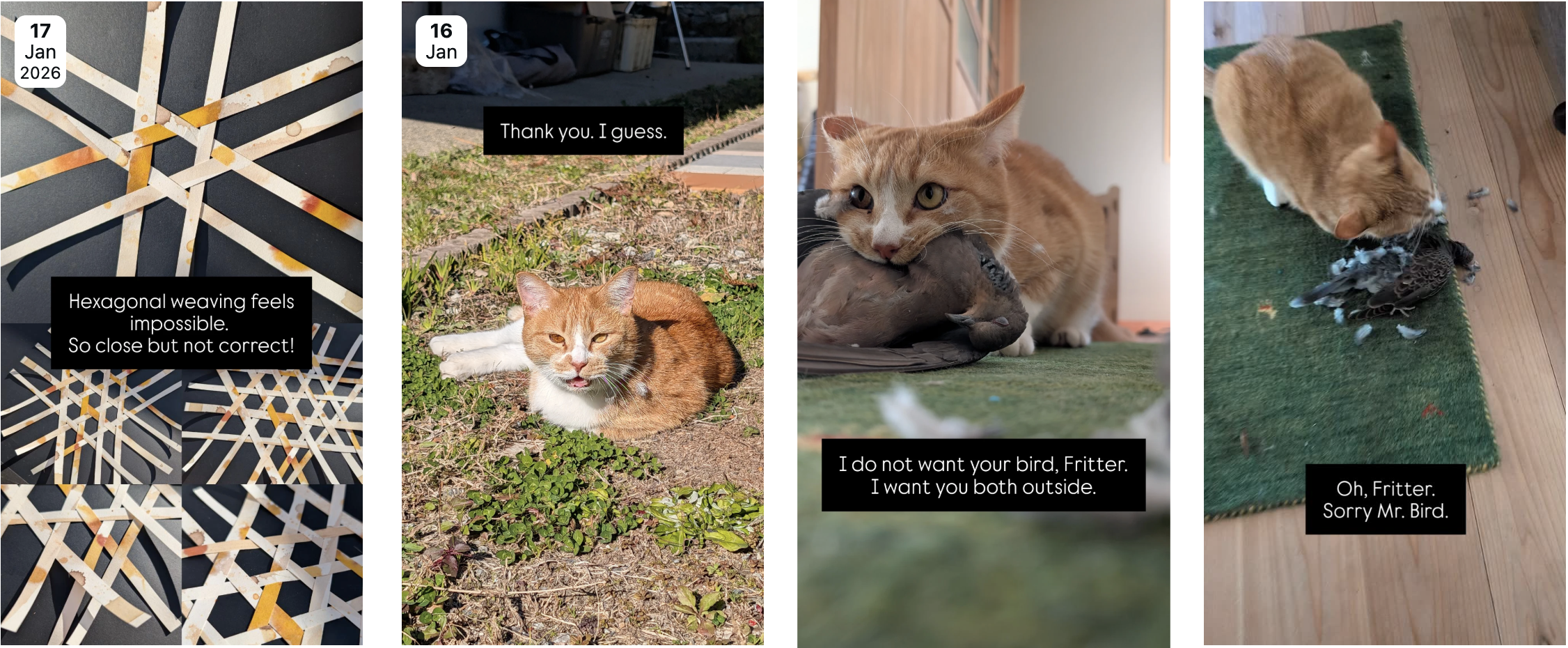Working with some difficult first year high school students on a two-day experience program, I decided to mollify them at the end of yesterday by promising to teach them some English swear words today.
Advocating swear words has been a minor roles in my life. I’ve always been a fan of cussing. When I was a kid, Leslie, my mother’s friend, dismissed her daughter’s swearing by saying “it’s only words” (Mom was horrified) and I have held that in my heart all these many years.
Swearing can be cathartic. It adds emphasis and color to a conversation. But swearing needs to be done right or it sounds stupid. And since swearing’s not common in Japanese, but obviously known in English through films and so on, I really enjoy a chance to help young Japanese with rough language in English.
When I was asked to be godmother to Max, a foreign kid born and raised in Tokyo, I had a problem. I don’t believe in God. My godmother duties would have to be comparative religions and I could also teaching him how to swear. But my godson, now a teenager, refuses to swear. I even showed him one of my favorite comedic videos, ISMO doing a bit on “shit” (has has a good one on “ass”, too). But Max is firmly Japanese in that regard. Someday, maybe…
But for the school kids today, they suggested “fuck” and I agreed, as it is so common and versatile! After we completed making straw turtles, I sat them down and we practiced the F word.
Grammatically, of course. With flashcards. And we discussed how “fuck” can be a noun, verb, adjective, or exclamation. We played with extending the vowel and tone depending on the severity of the problem. Fuck vs Fuuuuuuuuck.
I asked Claude.ai for some help, because I wasn’t confident about the appropriate Japanese translations. Now I know them and so can you – no matter whether you need the English or Japanese. I put together a glossary.
E<>J Fuckionary
NOUNS
- What the fuck?” → “一体何?” (ittai nani?) or “何てこった!” (nante kotta!) Expresses surprise/disbelief/confusion
- “I don’t give a fuck” → “どうでもいい” (dou demo ii) Shows complete disinterest/dismissal
- “For fuck’s sake” → “もう、勘弁してよ” (mou, kanben shite yo) Used when exasperated/frustrated
- “Who the fuck…?” → “一体誰だよ?” (ittai dare da yo?) Expressing angry/annoyed questioning
VERBS
- “Fuck off” → “消えろ” (kiero) or “あっちへ行け” (acchi e ike) Telling someone to go away, ranges from annoyed to angry
- “Fuck you” → “くたばれ” (kutabare) Expressing anger/contempt toward someone
- “I fucked up” → “やっちゃった” (yatchatta) or “しくじった” (shikujitta) Admitting a mistake
- “Fuck around and find out” → “やってみろよ” (yatte miro yo) Warning of consequences
- “Let’s fuck off” (leave) → “そろそろ行こうぜ” (sorosoro ikou ze) Casual suggestion to leave
- “Stop fucking around” → “ふざけるな” (fuzakeru na) Telling someone to get serious
ADJECTIVES
- “Fucking hell” → “なんてこった” (nante kotta) or “マジかよ” (maji kayo) General exclamation of frustration/surprise
- “This is fucking awesome” → “マジやばい” (maji yabai) or “超最高” (chou saikou) Strong positive excitement
- “Are you fucking kidding me?” → “冗談でしょう?” (joudan deshou?) or “マジで言ってんの?” (maji de itten no?) Disbelief/annoyance
- “I’m so fucking tired” → “超疲れた” (chou tsukareta) Emphasizing extreme fatigue
EXCLAMATIONS
- “Fuuuuck!” → “しまった!” (shimatta!) or “やばい!” (yabai!) General exclamation when something goes wrong
- “Fuck it, let’s do it” → “もういいや、やろう” (mou ii ya, yarou) Giving up hesitation and deciding to proceed
Some of the students engaged deeply with the lesson and there were many fucks said. Others were a little bewildered. What I absolutely loved is that the teacher asked me for the cards after the lesson. Then she sat with the girls and they reviewed them!

I am also including here, Claude’s solid explanation of the grammar with example sentences, in case you want some more fuckery.
文法の説明 (Bunpou no setsumei) – Grammar explanation:
名詞 (Meishi) – Noun:
“I don’t give a fuck” → 「物事」(monogoto) として使用
“That was a total fuck-up”
Example explanation: 「失敗」(shippai) のように、物事として扱う場合
動詞 (Doushi) – Verb
“to fuck up” = 失敗する (shippai suru)
“to fuck off” = 立ち去る (tachisaru)
Example explanation: 「する」「行う」のように、行動を表す場合
形容詞 (Keiyoushi) – Adjective:
“fucking amazing” = すごく/とても (sugoku/totemo)
Example explanation: 「とても」のように他の言葉を修飾する場合
感嘆詞 (Kantaishi) – Interjection/Exclamation:
“Fuck!” = しまった!(shimatta!)
Example explanation: 「あっ!」「おっ!」のように、感情を表す一語として使う場合
副詞 (Fukushi) – Adverb:
“fucking quickly” = めちゃくちゃ早く (mechakucha hayaku)
Example explanation: 動作や状態の程度を強める場合
文の例 (Bun no rei) – Sentence examples showing different uses:
Noun: “That’s a big fuck-up” → それは大きな失敗だ (Sore wa ookina shippai da)
Verb: “I fucked up” → 私は失敗した (Watashi wa shippai shita)
Adjective: “This is fucking great” → これはすごくいい (Kore wa sugoku ii)
Exclamation: “Oh fuck!” → しまった!(Shimatta!)
Adverb: “He ran fucking fast” → 彼はめちゃくちゃ速く走った (Kare wa mechakucha hayaku hashitta)






